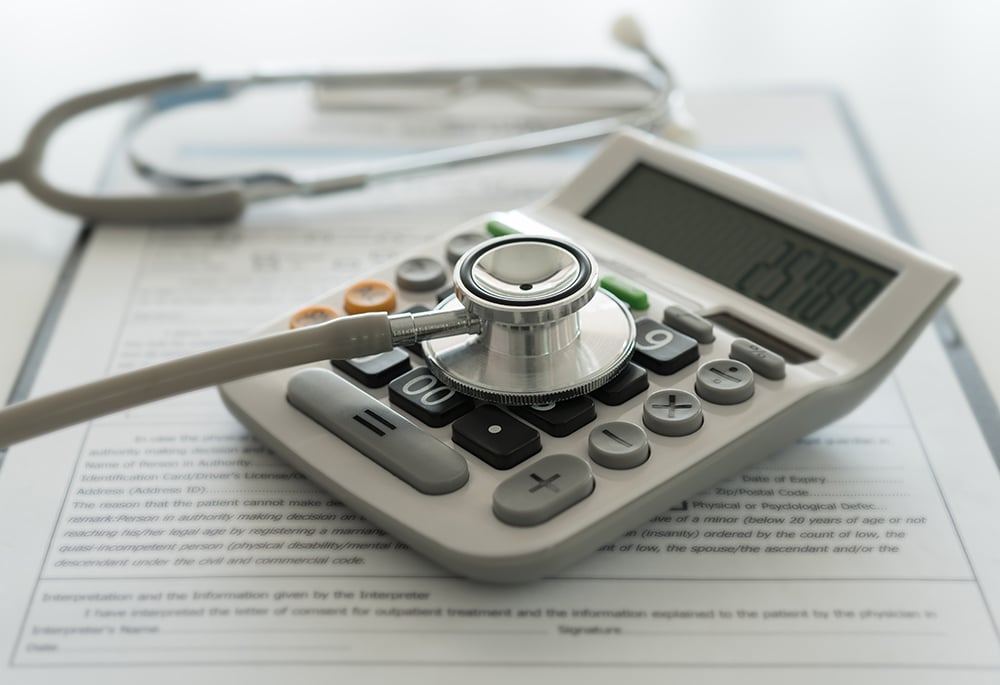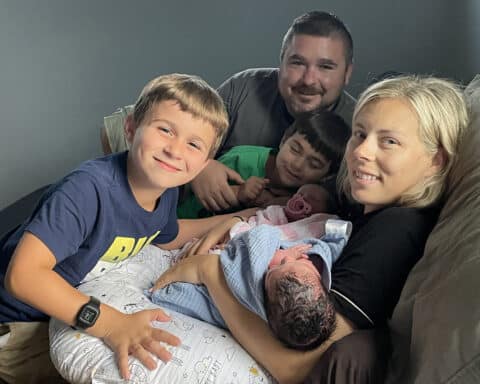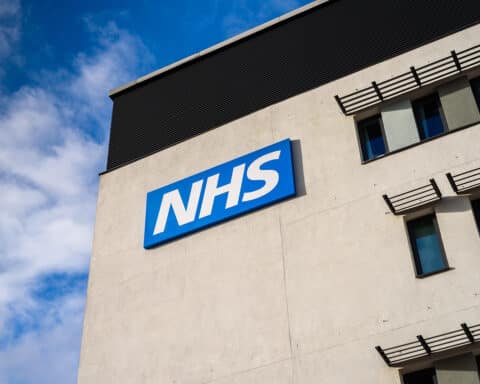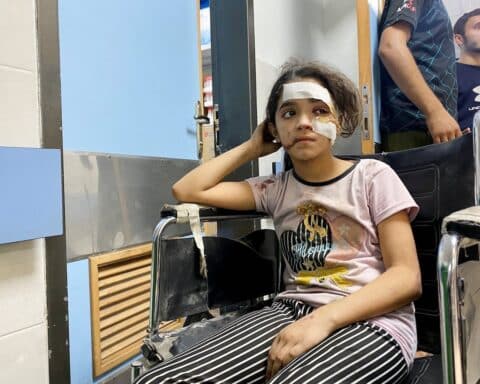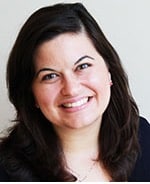
According to a CNBC report published last November, more than 137 million Americans faced financial difficulties in 2019 due to medical costs. The same report detailed that high health care bills are the primary reason people consider removing money from their retirement accounts or consider filing for bankruptcy.
In central Alabama, $8.1 million in health care debt had piled up, with many of the households responsible for its payment at or below the poverty line and unable to make good. That debt, thanks to a coordinated effort by the Episcopal Diocese of Alabama, is no more.
Working with a debt relief company called RIP Medical Debt, St. Luke’s Episcopal Church in Mountain Brook, Alabama, celebrated its 70th anniversary by engaging in a fundraising campaign that enabled them to purchase and forgive the medical debts of approximately 6,500 households. Because hospital debt often is written off and sold to collection agencies for pennies on the dollar, the more than $8 million dollars in medical debt was wiped clean for the astonishingly low cost of $78,000. The Episcopal Diocese of Alabama donated $10,000 to the cause, and the remaining $68,000 was raised by members of the church community.
Since its founding in 2014, RIP Medical Debt, operated by two former debt collections executives, has facilitated the forgiveness of more than $1 billion in medical debts across the country with the partnership of groups like St. Luke’s and the Episcopal Diocese of Alabama. Other groups, including some Catholic communities, have participated in similar initiatives. But imagine if, using our vast networks of dioceses, parishes, schools and communities, we all worked together? Imagine if instead of fighting over health care policy, we helped serve some of the neediest in our communities who were drowning in costs they had accrued simply in the attempt to stay healthy — or alive.
In a nation mired by division, isn’t this something we can agree on?
Yes — in fact, that was one of the selling points for St. Luke’s when it came to participating in such a project.
“St. Luke’s is a fairly decent-sized church, so on any given Sunday, you’ve got people in the pews who represent all parts of the political spectrum,” said Rev. Cameron Nations, an associate rector at St. Luke’s and organizer of the fundraiser. “I think this is a really good way of saying, ‘Look, we may have very different approaches to or understandings of this issue, politically speaking, but as Christian people we can all see a need when there is one, right?
“Health care reform is a huge topic and can sometimes feel intractable to someone who’s sitting in a pew,” Nations added. “But being able to do something like this made people feel like they were able to make a difference and move the needle in a positive direction. It’s been really inspiring for people in the parish.”
A story about health care and medical debt that is positive? That showed how individuals who care can make a difference? What a delightful thought. The work done by the St. Luke’s community should serve as inspiration for us all.
Gretchen R. Crowe is editorial director for periodicals at OSV. Follow her on Twitter @GretchenOSV.

